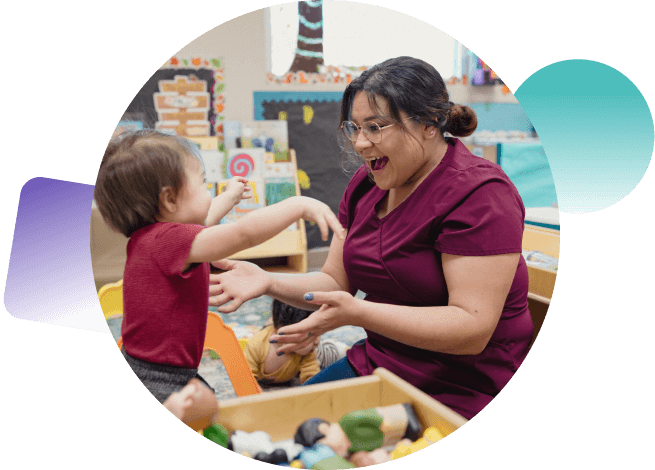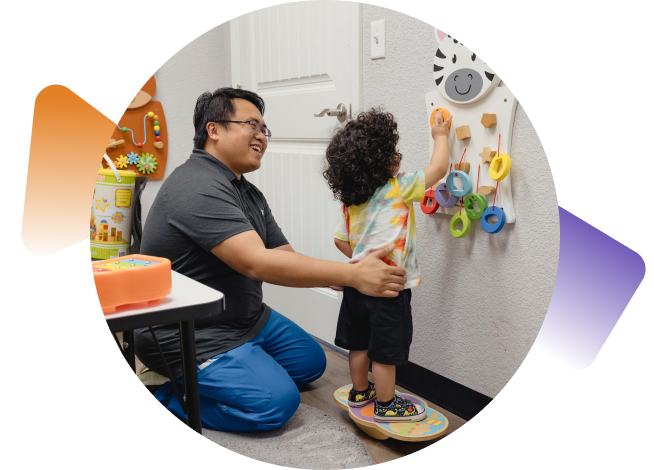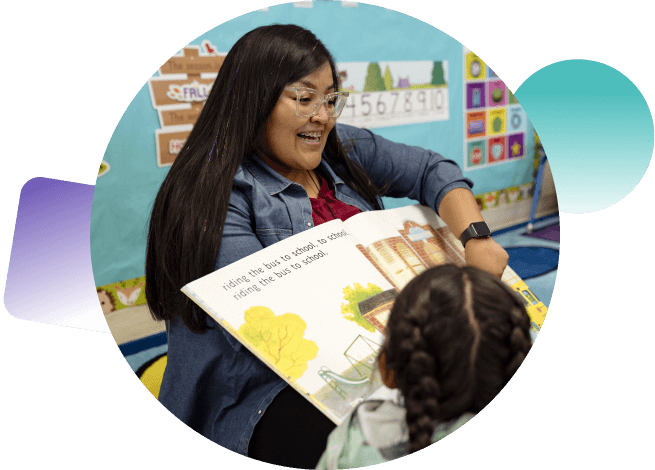Take our free quiz to get personalized early childhood career recommendations.
Meet The Professionals
Explore Careers in Early Childhood.

Center-Based Child Care

Early Intervention

Home Child Care

Home Visiting

Take our free quiz to get personalized early childhood career recommendations.




